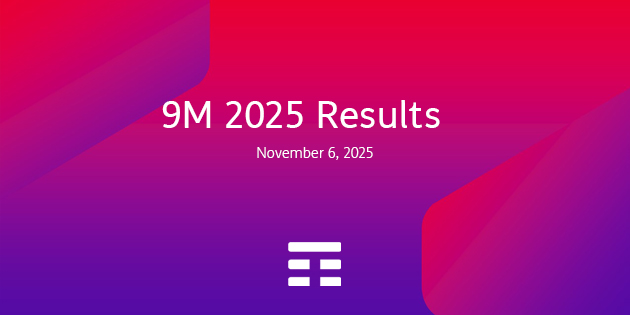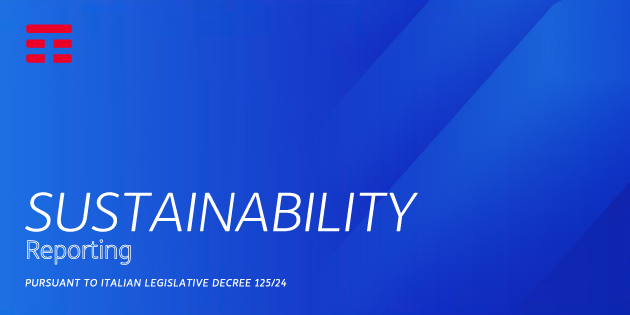Italian Tech Week, held on 29 and 30 September at the Officine Grandi Riparazioni in Turin, was one of the highlights of the innovation events calendar. For our Group, Elio Schiavo, TIM’s Chief Enterprise and Innovative Solutions Officer, took part in a fireside chat, an in-depth on-stage interview with journalist Riccardo Luna.
The event was an opportunity to talk about the prospects of TIM Enterprise, TIM Group's new business unit dedicated to large customers and the public administration, a unicum on the Italian scene with a comprehensive offer of digital, security, and design consultancy services essential for the digital transition in our country.
The words that will shape our future
The conversation was based on 10 key words for our future #Cloud, #AI, #AugmentedReality, #IoT, #CyberSecurity, #DataAnalytics, #Coding, #SmartCity, #BusinessSolutions, #DigitalTransformation.
"Putting all these things together in a single service platform is what our customers need to improve performance, processes, market presence, and do so safely and with lower environmental impact", commented Elio Schiavo. "In other words, to accelerate that digital transition on which Italy is clearly lagging behind".
An example of success: the Smart Control Room in Venice
The most concrete example of how this vision of the future can be translated into a successful reality is TIM Urban Genius, the solution that has provided the city of Venice with a Smart Control Room capable of quickly facilitating the best decisions for mobility and security in the area. Schiavo described it as “a real driver of urban intelligence, which we want to propose to all Italian administrations”.
With this and other solutions for citizens, businesses and public administrations, TIM Enterprise is ready to play a strategic role, helping our country equip itself with digital systems and processes that serve people. “The 360-degree approach of our solutions”, Schiavo concluded, “has the ambition of producing positive impacts on the environment, processes, the quality of work, and thus people's lives, because this is what we expect from the digital transition”.






